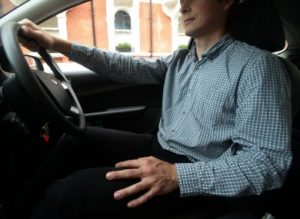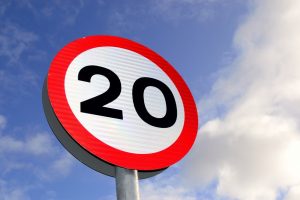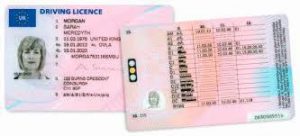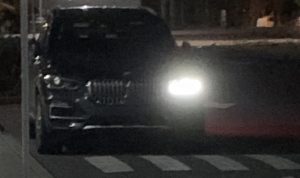Should you work for a franchise or go it alone? Each has advantages and disadvantages, ranging from the freedom of being your own boss to joining a ready-made brand – like Britannia Driving School – where you can concentrate on developing yourself as an instructor.
It takes time and effort to build your own business and create a decent customer portfolio; by joining a franchise, you won’t have to worry about these things.
If you need to earn money quickly and have a full diary, a franchise with a well-established driving school like Britannia may be the better option. If you want to work 40 hours per week and earn a monthly salary, joining a franchise could be a good option; going independent takes time to establish.
If you’re considering joining a franchise, keep in mind that a school with a high-profile office location, a robust online presence, friendly office staff, and a track record of satisfied customers will all help to draw in new students and keep you busy on a consistent basis. Britannia Driving School provides consistency, which is a rare commodity. Working from home schools cannot possibly provide the same level of work, services, or backup.
Being on your own in any business is difficult, so it may be worthwhile to spend time as a part of a Driving School before deciding to go independent. It is critical to have a solid business plan in place before committing to becoming an independent. This business plan will entail much more than simply creating your own website and placing advertisements in store windows – though this could always be a part of your plan.
 Advertisements on search engines like Google and Yahoo are not free. You can display them for free, but you must pay every time someone clicks on it. It works similarly to a bidding system in that you set a price for how much you are willing to pay per click, and bidders who offer the highest price have their advertisement displayed in the highest position. The issue is that because online marketing avenue is the preferred method for most businesses, you must pay a premium to have your advertisement prioritised. Close to £9.50 per click on the front two pages.
Advertisements on search engines like Google and Yahoo are not free. You can display them for free, but you must pay every time someone clicks on it. It works similarly to a bidding system in that you set a price for how much you are willing to pay per click, and bidders who offer the highest price have their advertisement displayed in the highest position. The issue is that because online marketing avenue is the preferred method for most businesses, you must pay a premium to have your advertisement prioritised. Close to £9.50 per click on the front two pages.
If you’ve been in the industry for a while before going independent, you may have developed a network of contacts through teaching, attending events, and/or being a member of membership organisations. Extending your expertise beyond in-car training (for example, motorcycles and/or vans) will result in more work and excellent opportunities for an independent trainer.
Costs can mount when you go it alone. To begin, you’ll need to decide on a company name and a phone number for your new venture. An entry-level receptionist will set you back at least £10.00 an hour at the bare minimum. What areas you intend to cover and how you intend to promote your business and the cost of advertising.
Keep in mind that you may not immediately set prices at the initial figure you have in mind. As a new business, you may initially gain customers by setting a low price to compete but be aware that if your price is too low, you may not be making a profit.
As you are aware, adding fuel to your car is not cheap, nor is the upkeep and repair of wear and tear that occurs over time due to the heavy workload of driving instructors’ cars, so these are additional factors to consider when setting your prices. Cleaning your car may not be expensive, but it does take time. Time, as the adage goes, is money.

Comments(0)
 Buy Gifts Vouchers Here
Buy Gifts Vouchers Here Intensive Driving Courses
Intensive Driving Courses Driving Test Booking Services
Driving Test Booking Services






















